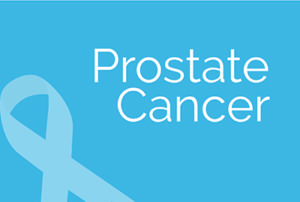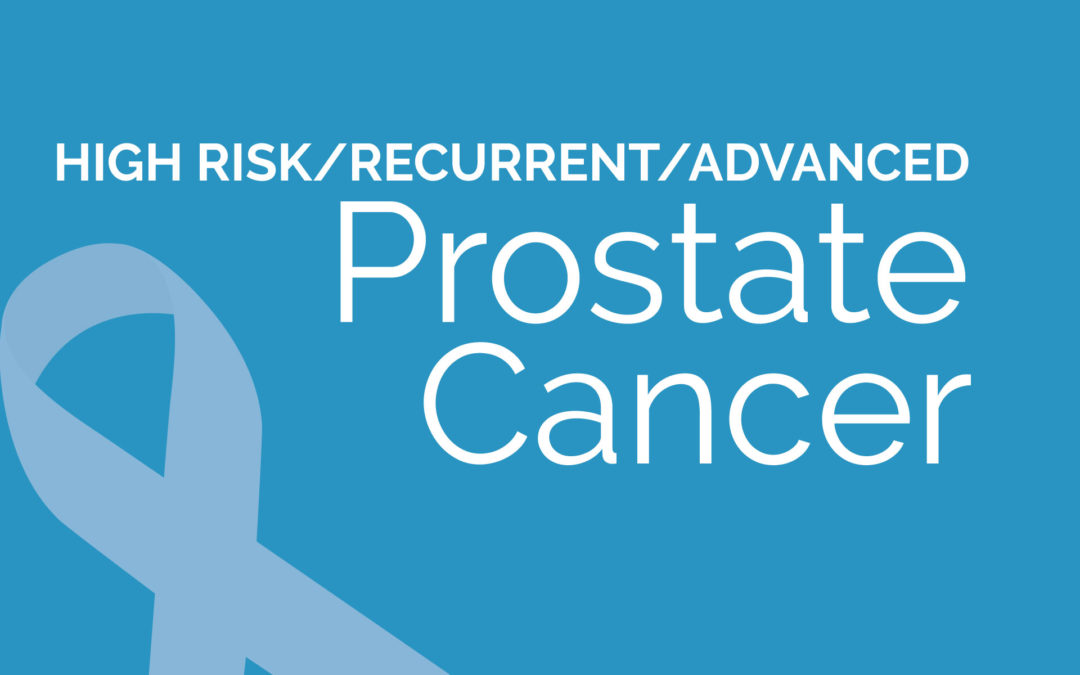
The subject of testosterone (T) comes up frequently on AnCan’s virtual prostate cancer support groups.
Testosterone is thought to “feed” prostate cancer cells so the goal of antiandrogen therapy (ADT) is to reduce the amount of testosterone circulating in your blood, preferably to <20 ng/dL Lupron, Firmagon and similar agents do a great job of suppressing testosterone, at least for a while. Unfortunately, ADT can have unpleasant side effects (fatigue, hot flashes, muscle atrophy, loss of libido, etc.) but the severity and tolerability of these can vary from man to man.
Some men are fortunate enough to try “intermittent” ADT. The goal here is to get a break from ADT side effects and to increase testosterone levels (and libido). It takes time for ADT side effects to wear off and for testosterone levels to rise. Again this can vary from man to man and depends upon a number of factors. So the question arises: “What is ‘normal’ testosterone?
According to WebMD, a normal testosterone level depends on your gender and age.
Normal total testosterone results in adult men:
Ages 19 to 49 249 – 836 nanograms per deciliter (ng/dL)
Ages 50 and older 193 – 740 ng/dL
Source: WebMD, https://www.webmd.com/a-to-z-guides/testosterone-test#2
According to LabCorp, “normal” levels of testosterone for healthy, non-obese males (BMI <30) between the ages of 19 to 39 are:
264 – 916 ng/dL
Source: Travison, et.al. JCEM 2017,102;1161-1173. PMID: 28324103.
MSKCC recently published a timely article on testosterone recovery:
- Men on ADT for more than 6 months – most of us – are 4 times more likely to remain at castrate levels after 2 years
- If your baseline was less than 400, you are 3 times more likely to remain at castrate level
- The good news is ” at the two-year mark after ADT cessation ……. 8 percent of patients remained castrate, 76 percent returned to a normal TT level (above 300 ng/dL), and 51 percent recovered baseline TT.”
Source: https://www.mskcc.org/clinical-updates/testosterone-recovery-uncertain-after-androgen-deprivation-therapy-prostate?utm_source=OncoNotes-10-15-19&utm_medium=email&utm_campaign=ProstateCancer&utm_type=ClinicalResearch

